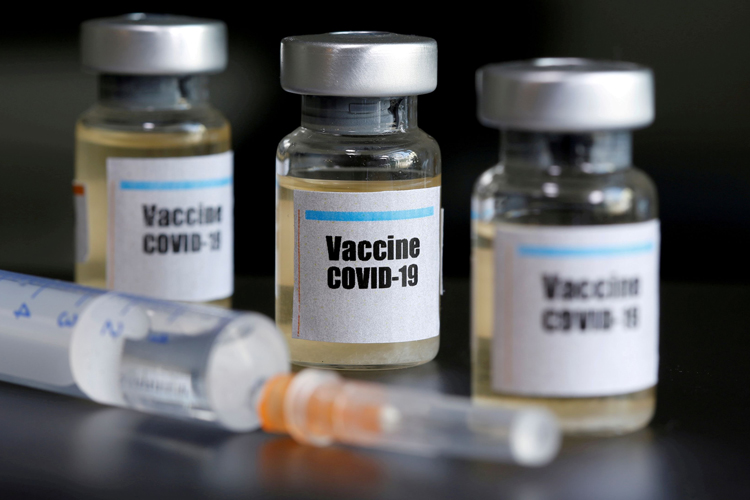The CoviNanoVax project, led by IQS, investigates the development of a new mRNA vaccine to prevent infections caused by the SARS-CoV-2 virus, based on polymeric nanoparticles targeting dendritic cells.

The search for solutions to stop the advance of COVID-19 has mobilised a large part of researchers around the world to seek treatments for the disease. Researchers are especially focused on the development of vaccines that can prevent the disease. These vaccines aim to expose the body to an antigen that will not cause the disease, but which can generate antibodies that act as a defence system against possible infections by the virus.
CoviNanoVax, a project led by Dr Salvador Borrós and Dr Cristina Fornaguera of the Bioengineering Department at IQS (Universitat Ramon Llull), is researching the development of an mRNA vaccine based on a new nanosystem to vaccinate healthy population in general.
This project has received €193,000 in funding as part of the Call for Research Projects on SARS-CoV-2 and COVID-19 promoted by the Ministry of Science and Innovation and the Instituto de Salud Carlos III . During this project, IQS will rely on the collaboration of experts in the synthesis of oligonucleotides from the company Sylentis SL, which will advise on the design and synthesis of mRNA. Experts in immunology from the Instituto de Investigación Biomédica de Cádiz (Inbica)will also collaborate on the project.
The CoviNanoVax project
The researchers have proposed the use of polymeric nanoparticles (developed at IQS Group) as vaccine vectors. These nanoparticles are a promising technology for the specific vectorisation of active compounds in the target cells. They can help enhance the therapeutic effects with the same dose of active compound, while reducing the side effects at the same time by modulating the natural biodistribution of the active compound.
Specifically, the IQS Group has developed a library of different biocompatible and biodegradable polymeric pBAE (poly(beta-amino esters)) capable of encapsulating genetic material [i] [ii]. The researchers also have vast experience in the development of polymeric nanosystems loaded with genetic material, selectively targeted at dendritic cells (DCs) [iii].
The knowledge and experience of the researchers at IQS has given rise to the proposal for the CoviNanoVax project. This project will use nanosystems as vaccines for SARS-CoV-2 by encapsulating an mRNA strand that encodes for the SARS-CoV-2 specific antigenic proteins corresponding to the S fusion protein. Once the nanoparticles are injected in a healthy patient, the particles will be selectively targeted at dendritic cells (DCs) and will express the antigen for the subsequent activation of the specific DCs. This process will generate immunity in the patient under treatment.
As an mRNA that encodes only the antigenic proteins, the vaccine will feature a very high level of safety considering that it does not include viral retrotranscriptase. At the same time, given that mRNA is a highly antigenic macromolecule, it will cause a powerful specific immune response that will generate specific antibodies to immunise healthy people and protect them against future SARS-CoV-2 infections.

[i] Segovia, Acta Biomaterialia, 2014 https://www.ncbi.nlm.nih.gov/pubmed/24406199
[ii]Dosta, Acta Biomaterialia, 2015 https://www.ncbi.nlm.nih.gov/pubmed/25839122
[iii]Fornaguera, Adv Healthcare Mat, 2018 https://www.ncbi.nlm.nih.gov/pubmed/29923337










